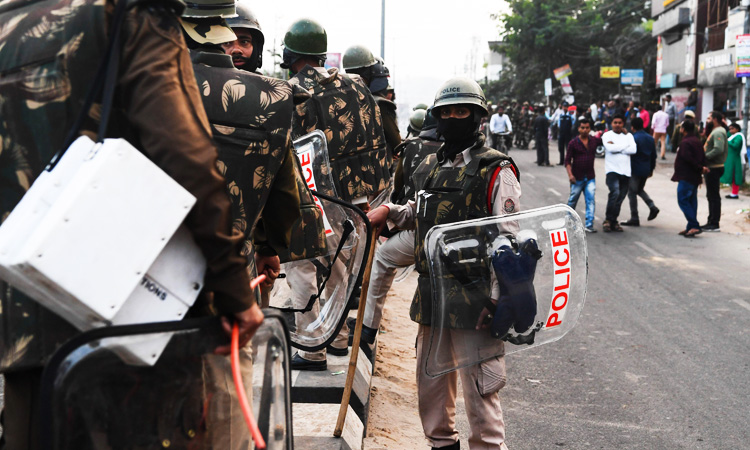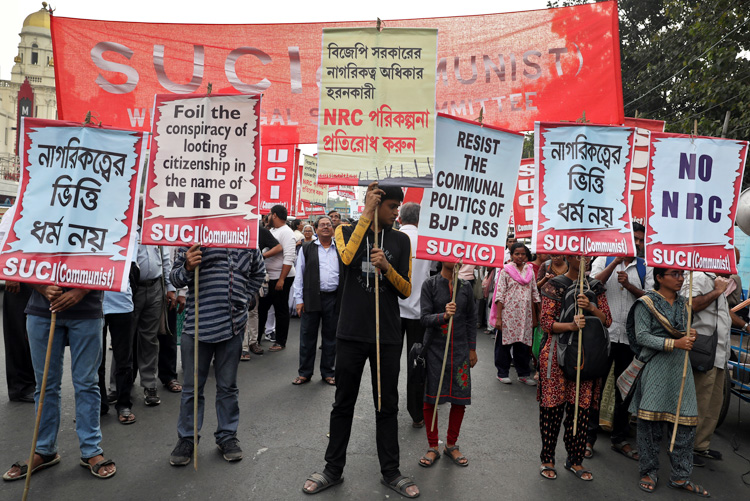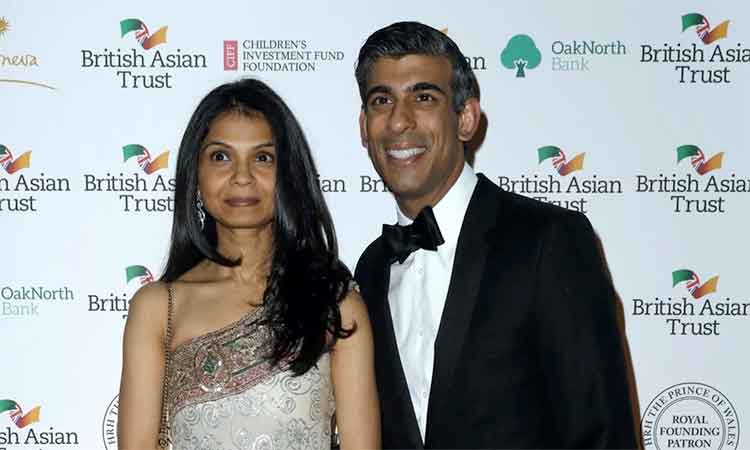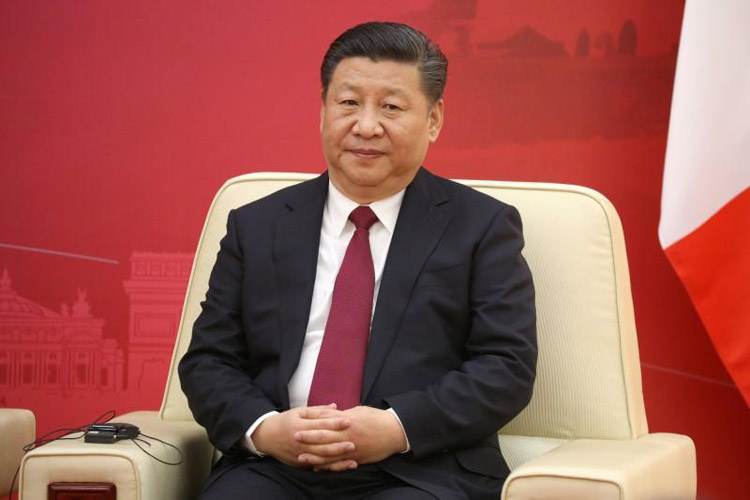India is set to take the UK’s place as the world’s fifth largest economy, but is it really all down to Modi?

Hamish McRae
Columnists and broadcaster.
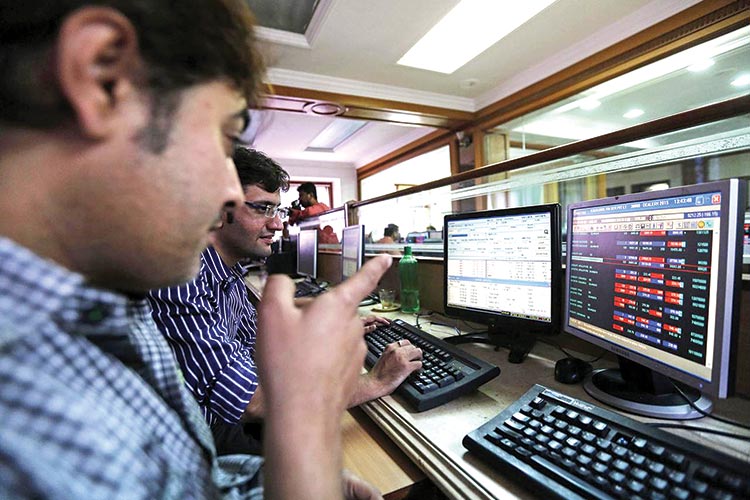
This year India is also set to become the world’s fifth largest economy, passing the UK.
It is an extraordinary achievement, but one that raises many questions. Is this growth sustainable? Is it delivering benefits to the whole population, or just the elite? Will it continue?
And inevitably, is this the result of Modi’s policies? To take the last question first, I think the answer is a qualified yes. He himself made the point shortly after he was elected five years ago that no one person, or group of people, could transform the Indian economy. It had to be a universal effort. It is true that India was poised for rapid growth, as earlier economic reforms had taken hold. But there can be little doubt that the pro-business reforms of the past five years have lifted the country’s performance to a higher level.
In round numbers, growth has risen from 5-6 per cent in the five years before he took office to 7-8 per cent during his time as prime minister.
Is the present rate of growth, close to 8 per cent this year, sustainable? Well, India needs rapid growth if it is to find jobs for its growing population. According to the UN, it is expected to pass China to become the world’s most populous country within five years. But unemployment, despite this growth, has risen. One estimate puts it at over 7 per cent, with women at a particular disadvantage in seeking jobs.
There is a further, and on a long view, more disturbing challenge: the environment. As The Independent has just reported, the Indian economy is particularly vulnerable to climate change. There are also more immediate concerns about air pollution, with 22 of the world’s 30 most polluted cities in India, according to Greenpeace.
At least these concerns have been widely reported in India and there are solids efforts being made to tackle them. China, where economic development is running one generation ahead of that of India, is now rapidly reducing pollution, albeit from a high base. But air quality and water availability will be a continual, grinding concern for the foreseeable future.
So too will inequality. Most of the debate about it focuses on the evident wealth differences between people: billionaires versus paupers. But the regional problem may be even more difficult to tackle.
India is so huge and so diverse that national comparisons of wealth conceal massive geographical differences. For example India’s richest state, Goa, has similar living standards to a poor European country such as Bulgaria. By contrast its poorest state, Bihar, ranks alongside Mali in sub-Saharan Africa in GDP per head. It is very hard to see how India will tackle this, but it must endeavour to do so.
What we can be pretty sure of is that during the next five years, India will be close to becoming the world’s third largest economy. HSBC projections for 2030 put China as number one, the US second, and India third. It won’t quite be third in 2024, but it will have passed Germany to be number four, passing Japan to be number three sometime around 2028.
This is a shift of power of such an extraordinary scale that we in the West can barely contemplate. We need to rethink everything. It will be another month before we get the final results of the election in India. But as voting proceeds, I suggest we see this election not just as an exercise in huge democracy, which of course it is, but also as a crucial event in the life of a great and growing economic power.

